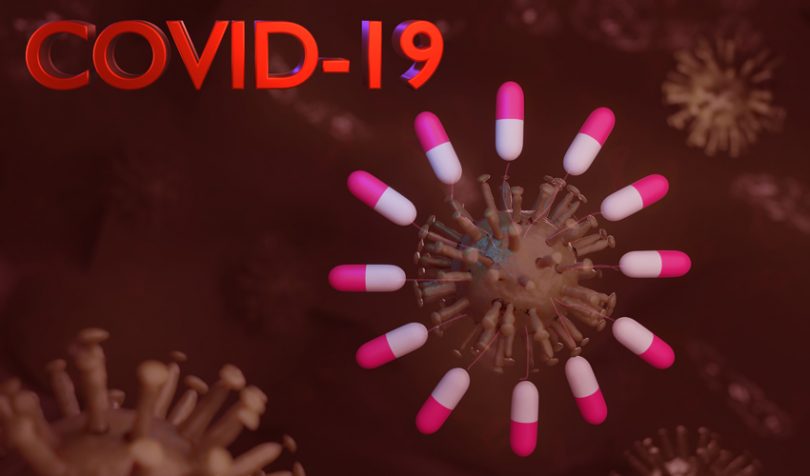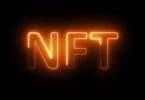On 1 October 2020, the Estonian Government confirmed iats partnership with the World Health Organization (WHO) for a blockchain-based COVID-19 vaccination certificate solution, as Bloomberg reported. Estonian enterprise blockchain firm Guardtime, now headquartered in Switzerland, will lead the pilot, firstly testing the possibility of a global scale platform in ‘pathfinder countries.’
A memorandum of understanding will be signed digitally by Prime Minister Jüri Ratas and WHO President Dr. Tedros Adhanom Ghebreyesus next Monday. It allows Estonian entrepreneurs and researchers to start work on the project. Ratas said, “Estonia can offer its best experience to a global organization to accelerate the safe and reliable flow of information between countries.”
Estonia’s government is one of the most digitally advanced, and Guardtime has worked on many key e-government projects.
Article continues …

Want the full story? Pro subscribers get complete articles, exclusive industry analysis, and early access to legislative updates that keep you ahead of the competition. Join the professionals who are choosing deeper insights over surface level news.






